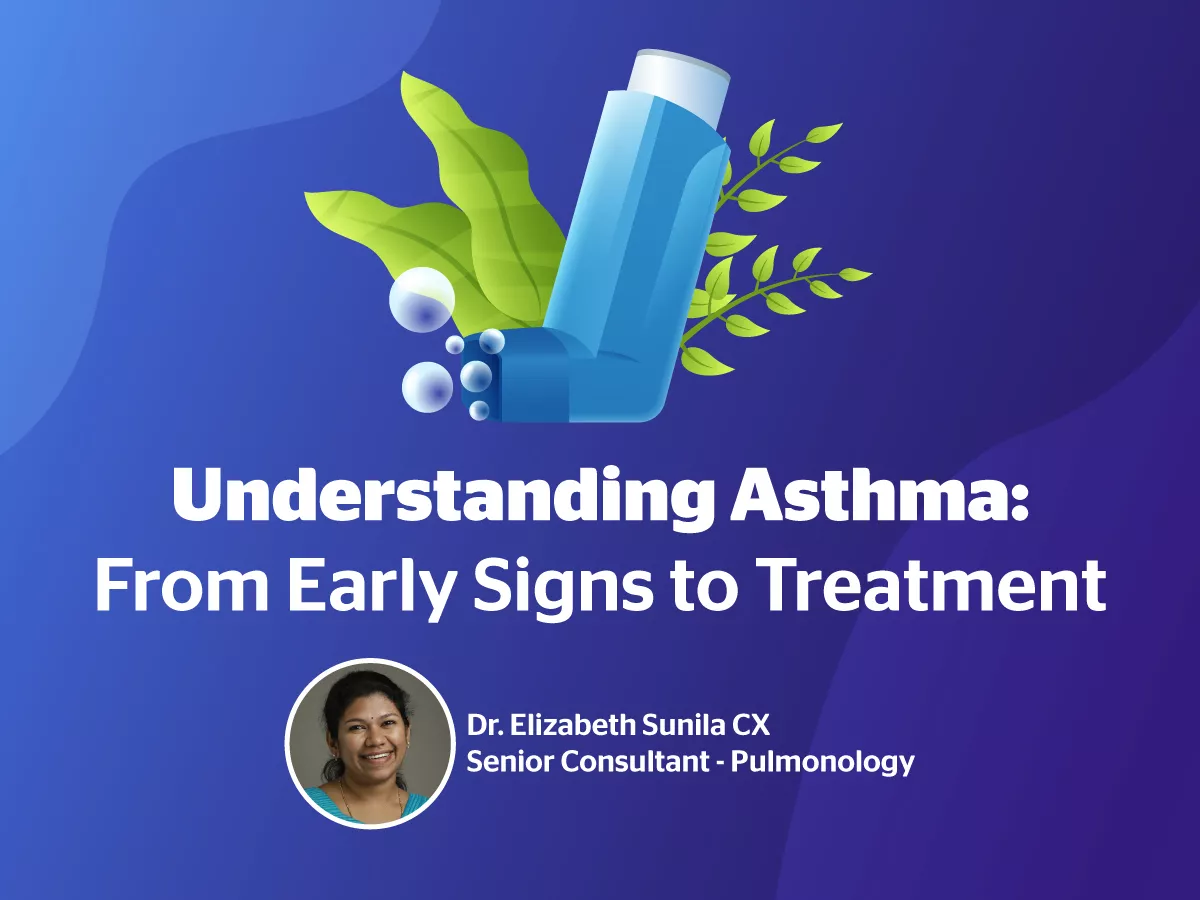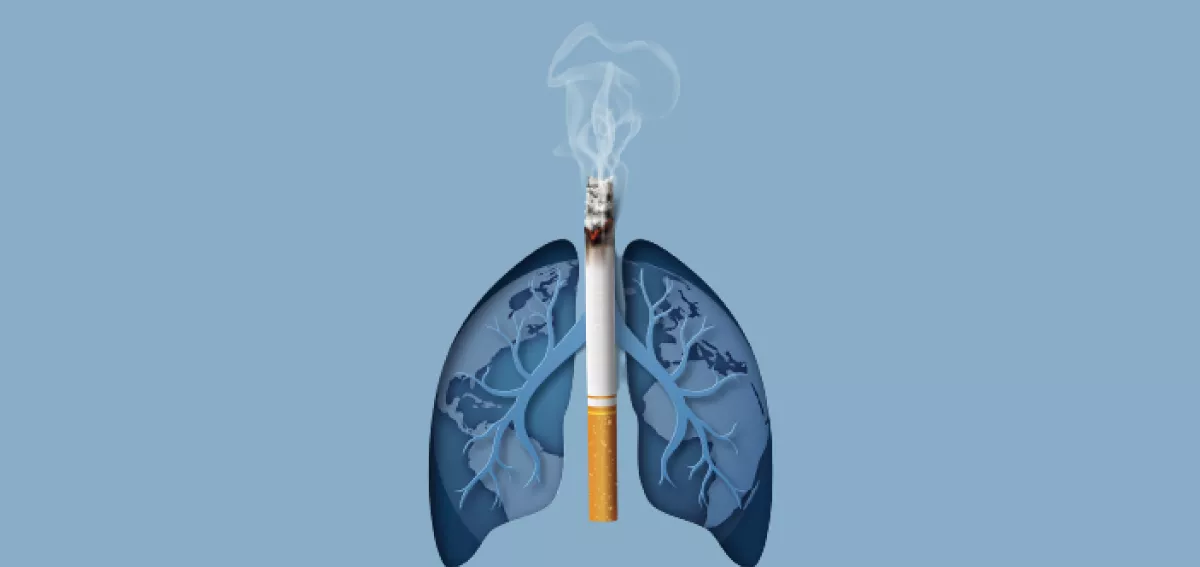Asthma is a very common chronic (inflammatory) disorder of the airway resulting in the allergic reaction of the airway to microscopic proteins a person inhales every day. Allergic reactions are actually aberrant immunological reaction the body mounts against the normally tolerogenic proteins which it interacts with, on a daily basis. This means that these proteins when inhaled by a normal person, he tolerates it. His body sets a tolerogenic pathway. But a patient who has allergic the pathway is IG E mediated allergic pathway. A lot of molecular interplay sets fighting against the inhaled proteins (pollens, House dust mite, fungus, moulds) and cause damage to self. Thus in asthma immunity is aberrant rather than decreased.
If you are experiencing persistent breathing difficulties, consulting expert pulmonologists in Kochi Kerala can help with accurate diagnosis and effective asthma management plans tailored to your needs.
This makes steroid a drug of choice to treat asthma. It is a common myth that steroid containing inhaler once started will make patient addicted to it and one has to continue it for a life time. The fact is that they are the first line / best line / most common / most common / most important treatment for asthma. This common, easy to treat disorder is a menace for many and the myths around the disease scatters the stakeholders from choosing right treatment for them. The disease can affect any age group, without significant gender or socioeconomic difference. The disease needs special attention in younger population as an improper disease control can affect the complete development of lung. But parents are worried in starting inhalers in younger children as they feels that they become addicted to inhalers.
The elderly patient might have started a controller medication too late and hence will have a little lung function to reach a level of lung failure. The discrepancies in understanding the disease lies in the heterogeneous presentation in the population. Asthma can present as seasonal, perineal, intermittent, persistent and can go into remission spontaneously in few patients, with change in environment and most effectively with treatment. Not everybody has the same phenotype and not everyone responds similar to treatment. To add the complexity many have comorbid conditions like allergic rhinitis / sinusitis / GERD / OSA to complicate the picture. The goal of asthma treatment is simple …
To achieve a control and maintain a control. Control indicates a stabilization of symptoms when one is on regular medication. Once patient is controlled they are asked to remain in that particular dose for at least 3 months (One step), then their medications are tapered to lower dose (lower step) for next 3 months. Like this patient takes a step down treatment to reach the lowest step in few months, when medications can be stopped and may enter a transient period of remission. The remission is a period when they are not on any medications and they don’t have symptoms. This period is variable, and depends on patient’s immunological status / environmental interactions. Some many remain in remission for 50 years and some will have remission in another 3 months. Thus a patient life will have remissions and relapses.
For those seeking advanced care and long-term management options, visiting a reputed pulmonology hospital in Kochi Kerala ensures access to modern diagnostic tools, inhalation therapies, and specialized asthma programs under expert supervision.
The promise in asthma is remission, not cure. But the chances of asthma getting controlled with proper controller medications (mainly inhalers) are 80-90 % which makes asthma an easy to treat disease. The controller’s medication not only improves the quality of life of a patient but also prevents long term lung damage. The theme for World Asthma Day 2025 is "Make Inhaled Treatments Accessible for ALL". This theme emphasizes the need for equal access to essential inhaled medications for individuals with asthma, such as inhaled corticosteroids, to improve asthma control and prevent severe complications. There are other modalities to treat asthma like biologicals and immunotherapy. But they are add on treatment , as controller inhalers are the mainstay.
Lets all share this important information about the short term and long term benefits of taking inhaled medications and improve the morbidity of this easy to treat, common disorder, asthma.








